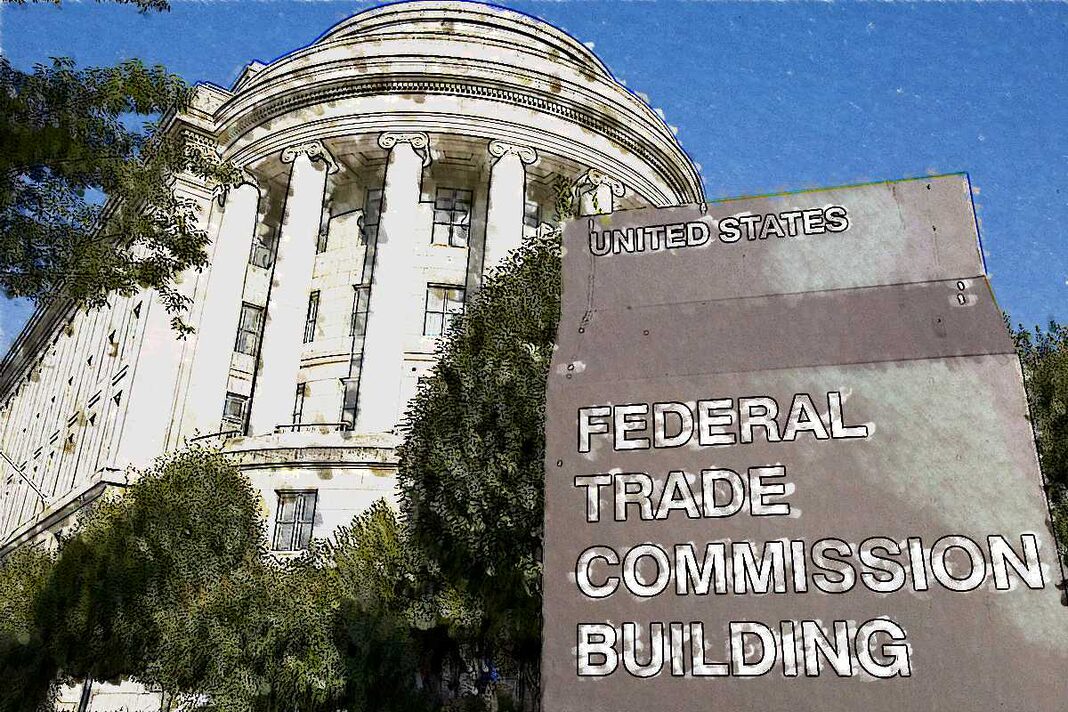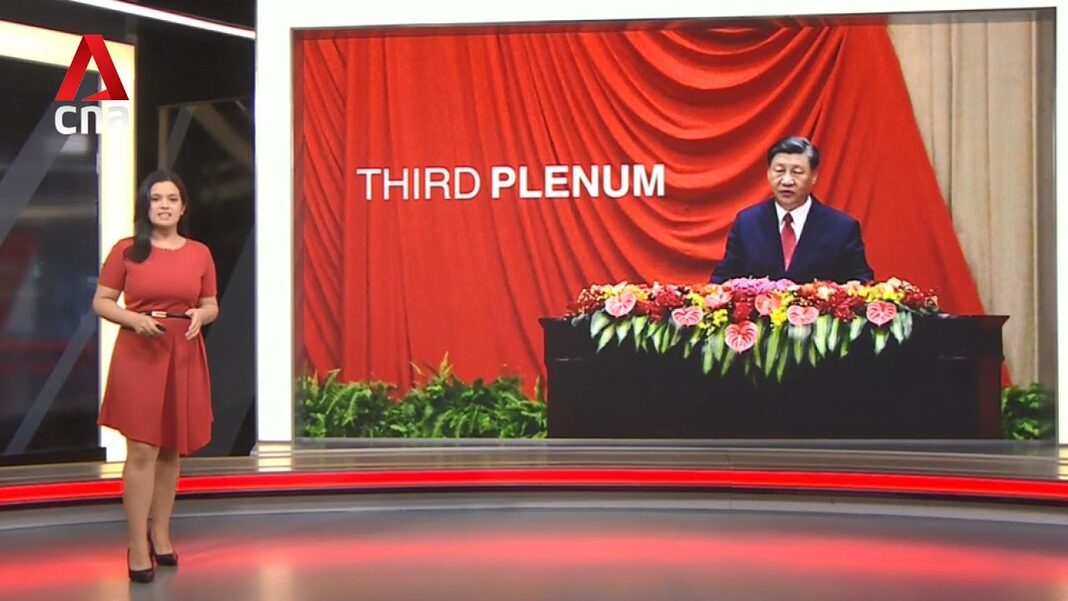USF is a program funded by fees and surcharges that uses billions of dollars to subsidize internet access.
A federal appeals court has ruled in favor of a conservative nonprofit in a case that challenged the legitimacy of the way the Federal Communications Commission (FCC) administers the Universal Service Fund (USF).
The court held that because the FCC relied on for-profit telecommunications companies to determine the USF surcharge, it functions as a tax that voters did not approve and so is unconstitutional.
In a 9–7 split decision issued by the full 5th Circuit Court of Appeals on July 24, the court sided with Washington-based nonprofit Consumers’ Research, finding that the USF surcharge is an illegal tax because, even though Congress delegated taxing power to the FCC, the agency relied on private companies to set the surcharge, in violation of Article I, Section I of the U.S. Constitution.
“In the Telecommunications Act of 1996, Congress delegated its taxing power to the Federal Communications Commission,” the majority opinion states. “FCC then subdelegated the taxing power to a private corporation. That private corporation, in turn, relied on for-profit telecommunications companies to determine how much American citizens would be forced to pay for the ‘universal service’ tax that appears on cell phone bills across the Nation. We hold this misbegotten tax violates Article I, § 1 of the Constitution.”
The nondelegation doctrine is the theory that Congress, which is vested with “all legislative powers” by Article I, Section I of the Constitution, cannot delegate that power to anyone else.
Several of the dissenting judges argued that the majority mischaracterized the U.S. Supreme Court’s precedents for separation of powers cases and that the decision leaves the political branches “powerless to govern.”
“This convergence sleight of hand not only undoes Supreme Court precedent but also leaves the political branches powerless to address this perceived constitutional deficiency, ignorant as to how to legislate and regulate in ways that will survive judicial review,” wrote Judge Carl Stewart in dissent.
Trent McCotter, a partner at Boyden Gray PLLC, the law firm representing Consumers’ First, praised the ruling.
By Tom Ozimek









